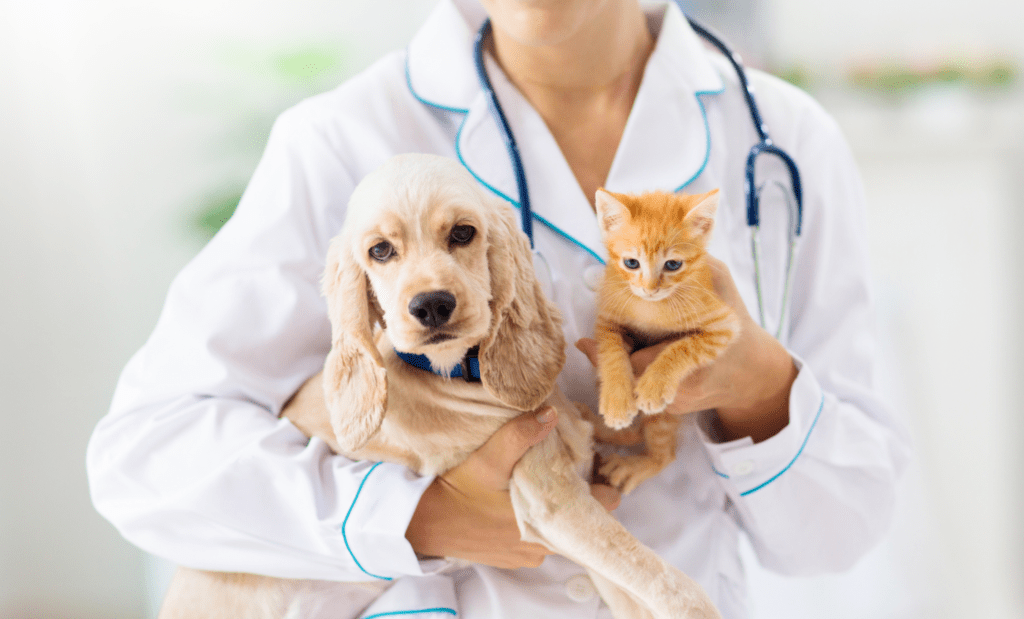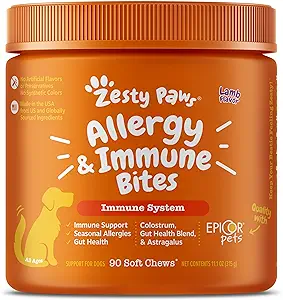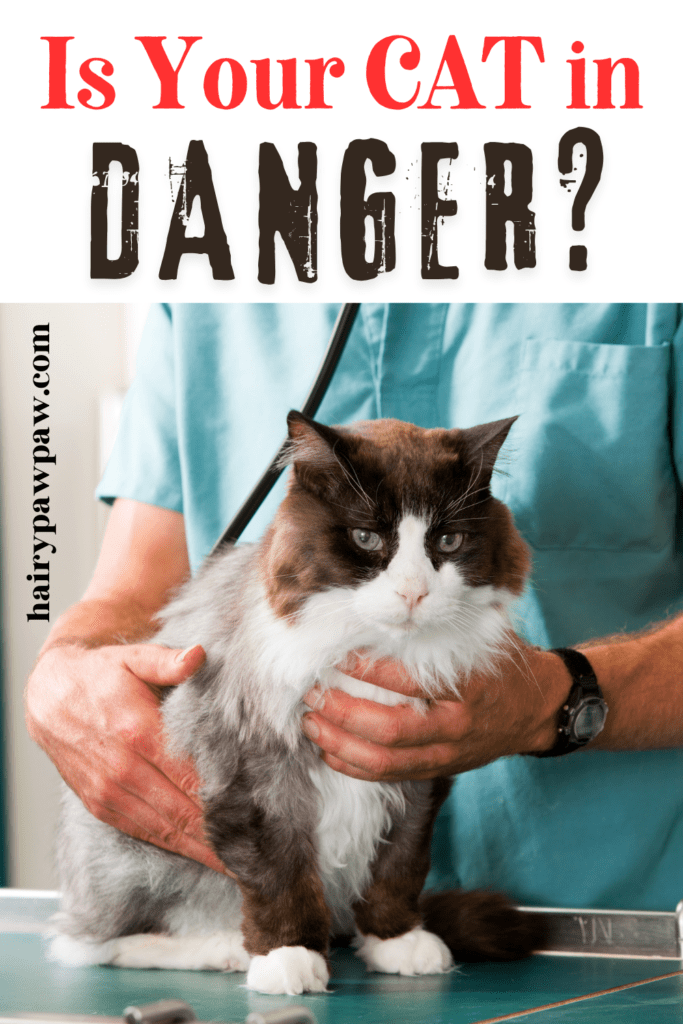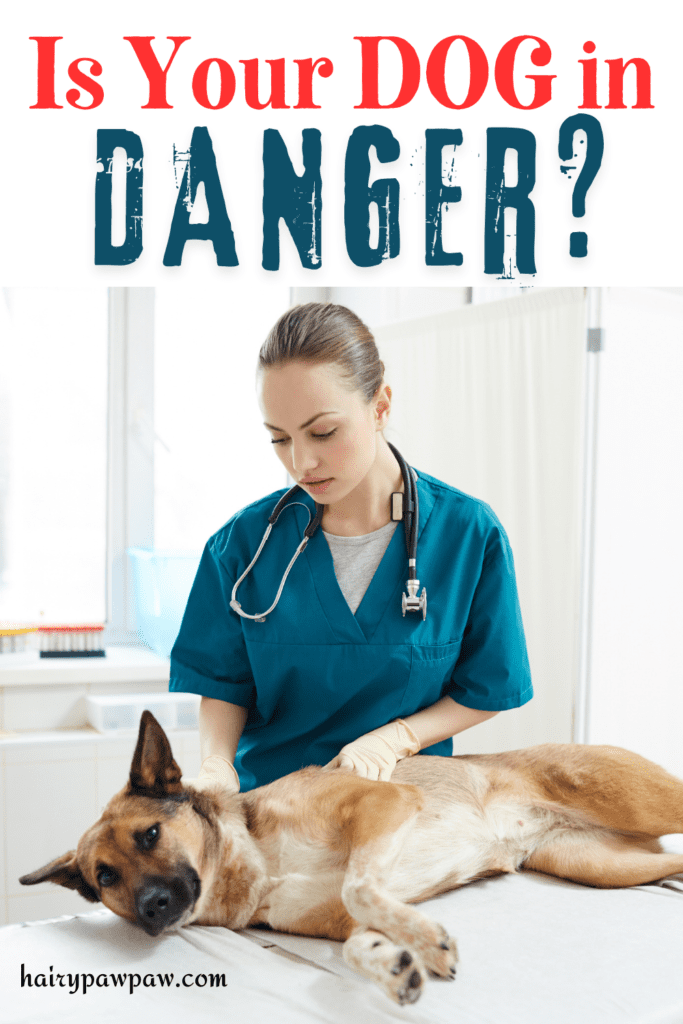This “10 Signs Your Pet Needs to See a Vet Immediately” post may contain affiliate links, which means I’ll receive a commission if you purchase through my link, at NO EXTRA COST TO YOU
10 Signs Your Pet Needs to See a Vet Immediately
As a pet owner, it’s essential to be attuned to your pet’s behavior and physical condition. While some symptoms may seem minor, they could be indicators of serious underlying health issues. Recognizing the signs that your pet needs immediate veterinary attention can make a significant difference in their health and well-being. In this detailed guide, we’ll explore the critical signs that indicate your pet needs to see a vet immediately, along with actionable steps you can take to ensure their safety.
YOU SHOULD ALSO CHECK ;
10 Common Health Issues in Cats and How to Prevent Them

1. Difficulty Breathing or Respiratory Distress
Overview: Breathing difficulties in pets are a red flag and require immediate veterinary attention. Respiratory distress can be caused by a variety of issues, including allergies, infections, asthma, or heart disease.
Signs to Watch For:
- Rapid or shallow breathing
- Persistent coughing or wheezing
- Gasping for air
- Blue or pale gums
- Extended neck or open-mouth breathing
What to Do: If your pet is experiencing difficulty breathing, keep them calm and transport them to the vet immediately. Avoid handling them excessively, as this could increase their stress and worsen the situation.
2. Uncontrolled Bleeding or Severe Trauma
Overview: Severe injuries, such as deep cuts, broken bones, or accidents, require urgent care. Uncontrolled bleeding or visible trauma can lead to shock or even death if not addressed quickly.
Signs to Watch For:
- Profuse bleeding that doesn’t stop within a few minutes
- Visible bone fractures
- Deep wounds or lacerations
- Limping or inability to move
What to Do: Apply pressure to any bleeding wounds with a clean cloth and take your pet to the vet immediately. For fractures, try to immobilize the affected area as much as possible while transporting your pet.
3. Ingestion of Toxic Substances
Overview: Pets are naturally curious and may ingest harmful substances, from household cleaners to toxic plants. Prompt treatment is essential to prevent serious health complications or death.
Common Toxic Substances:
- Human medications (e.g., ibuprofen, acetaminophen)
- Chocolate, grapes, or raisins
- Household cleaners and chemicals
- Certain plants (e.g., lilies, poinsettias)
- Rodenticides and insecticides
Signs to Watch For:
- Vomiting or diarrhea
- Excessive drooling
- Seizures or tremors
- Lethargy or collapse
- Difficulty breathing
What to Do: If you suspect your pet has ingested a toxic substance, contact your vet or an emergency animal poison control hotline immediately. Do not induce vomiting unless instructed by a professional.
4. Persistent Vomiting or Diarrhea
Overview: While occasional vomiting or diarrhea can be normal, persistent or severe cases can indicate a serious underlying condition, such as poisoning, gastrointestinal blockage, or an infection.
Signs to Watch For:
- Vomiting or diarrhea lasting more than 24 hours
- Blood in vomit or stool
- Dehydration (sunken eyes, dry gums, lethargy)
- Abdominal pain or bloating
What to Do: If your pet is experiencing persistent vomiting or diarrhea, offer them water to prevent dehydration and take them to the vet as soon as possible. Bring a sample of the vomit or stool if possible for the vet to analyze.
5. Sudden or Severe Lethargy
Overview: Lethargy is a common symptom of various health issues, ranging from mild to life-threatening. Sudden or severe lethargy, where your pet becomes unresponsive or unable to move, is a cause for immediate concern.
Signs to Watch For:
- Unresponsiveness to stimuli (calling their name, offering food)
- Weakness or inability to stand
- Excessive sleeping
- Lack of interest in usual activities
What to Do: Monitor your pet’s behavior and take note of any additional symptoms. Seek veterinary care immediately to determine the cause of the lethargy and begin appropriate treatment.
6. Difficulty Urinating or Defecating
Overview: Issues with urination or defecation can be signs of urinary blockages, gastrointestinal obstructions, or other serious conditions. These issues can cause extreme discomfort and can quickly become life-threatening.
Signs to Watch For:
- Straining to urinate or defecate
- Crying out in pain while trying to eliminate
- Frequent attempts to urinate with little or no output
- Blood in urine or stool
- Swollen abdomen
What to Do: If your pet is having difficulty eliminating, take them to the vet immediately. These symptoms can indicate a blockage that may require emergency intervention.
7. Seizures or Neurological Symptoms
Overview: Seizures and other neurological symptoms, such as disorientation or loss of coordination, can be caused by a variety of conditions, including epilepsy, toxins, or brain injuries.
Signs to Watch For:
- Sudden, uncontrollable shaking or convulsions
- Temporary loss of consciousness
- Stumbling, walking in circles, or head tilting
- Unusual eye movements (nystagmus)
What to Do: If your pet experiences a seizure, keep them away from hazards and do not try to restrain them. Time the seizure, and once it subsides, take your pet to the vet immediately for evaluation.
8. Unexplained Weight Loss
Overview: Sudden or significant weight loss in pets can be a symptom of underlying health issues, such as cancer, diabetes, or thyroid problems.
Signs to Watch For:
- Noticeable drop in weight without changes to diet or exercise
- Loss of muscle mass
- Changes in appetite (increased or decreased)
- Dull coat or excessive shedding
What to Do: If your pet is losing weight rapidly, schedule a veterinary appointment to determine the cause. Early diagnosis can be crucial for managing serious conditions.
9. Eye Injuries or Abnormalities
Overview: Eye injuries or abnormalities can quickly escalate into serious issues, potentially leading to vision loss. Prompt veterinary attention is essential for preserving your pet’s sight and preventing complications.
Signs to Watch For:
- Squinting or excessive blinking
- Cloudiness or redness in the eyes
- Discharge from the eyes
- Swollen or drooping eyelids
What to Do: If your pet shows any signs of an eye injury or abnormality, avoid touching or applying pressure to the eye. Take them to the vet immediately for an examination and treatment.
10. Unusual Behavior or Symptoms
Overview: Any sudden or unusual change in your pet’s behavior can be a sign that something is wrong. Trust your instincts as a pet owner and seek veterinary care if you notice anything out of the ordinary.
Signs to Watch For:
- Unexplained aggression or fearfulness
- Sudden changes in eating or drinking habits
- Excessive licking, scratching, or grooming
- Pacing, restlessness, or signs of anxiety
What to Do: If your pet’s behavior changes suddenly, it’s important to monitor them closely and consult your vet. Behavioral changes can be linked to both physical and psychological health issues.
Conclusion
As a responsible pet owner, recognizing the signs that your pet needs immediate veterinary attention is crucial. Early intervention can save your pet’s life and prevent further complications. Always trust your instincts, and when in doubt, it’s better to err on the side of caution and seek professional advice. By staying vigilant and informed, you can ensure your beloved pet receives the care they need to stay healthy and happy.












